 An anatomy journal has banned a researcher from submitting papers for three years after determining one of his recently published papers suffered from “serious ethical” issues.
An anatomy journal has banned a researcher from submitting papers for three years after determining one of his recently published papers suffered from “serious ethical” issues.
According to Jae Seung Kang, associate editor at the journal Anatomy and Cell Biology (ACB), the paper’s sole author—Jae Chul Lee—falsified both his affiliation and approval for conducting animal experiments in the paper, published online in March.
Kang said the journal discovered the issues after Lee submitted other papers to the journal this past August. During the journal’s review process, it discovered “over 70% redundancy”—ie, plagiarism—between the newly submitted papers and two now-retracted papers—the ACB paper as well as a 2015 paper published in the Journal of Pathology and Translational Medicine, on which Jae Chul Lee was corresponding author. The issues prompted the journal to conduct “an in-depth investigation,” Kang said. Continue reading Journal bans author for three years after retracting paper with “serious ethical” problems

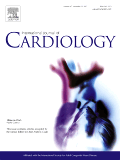 A cardiology journal has retracted a 2016 meta-analysis after the editors had an, ahem, change of heart about the rigor of the study.
A cardiology journal has retracted a 2016 meta-analysis after the editors had an, ahem, change of heart about the rigor of the study.
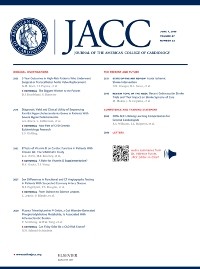 In June,
In June, 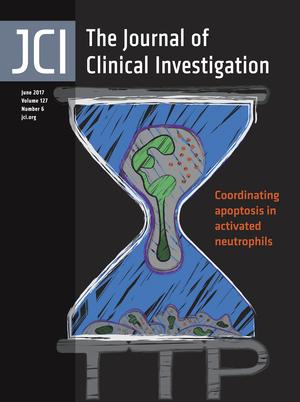 On Dec. 2, 2013,
On Dec. 2, 2013, 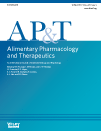 A gastroenterology and hepatology journal has retracted a 2017 review after discovering it included data “accessible only during peer review for another journal.”
A gastroenterology and hepatology journal has retracted a 2017 review after discovering it included data “accessible only during peer review for another journal.”

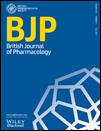 A pharmacology journal has
A pharmacology journal has